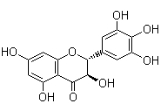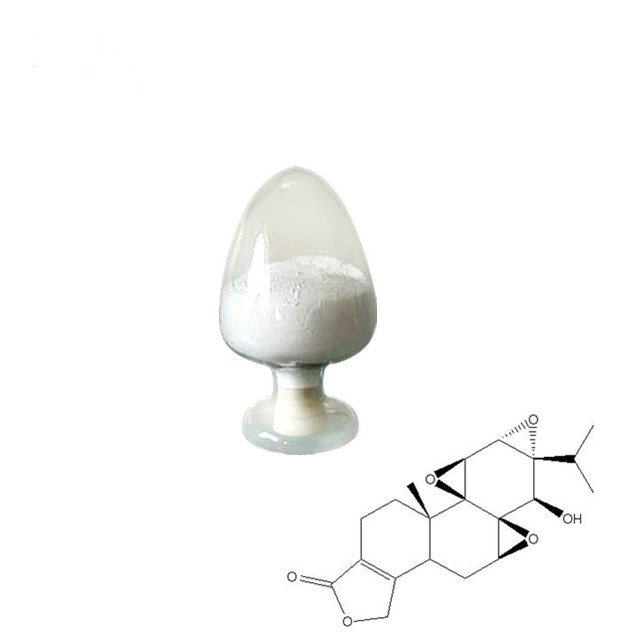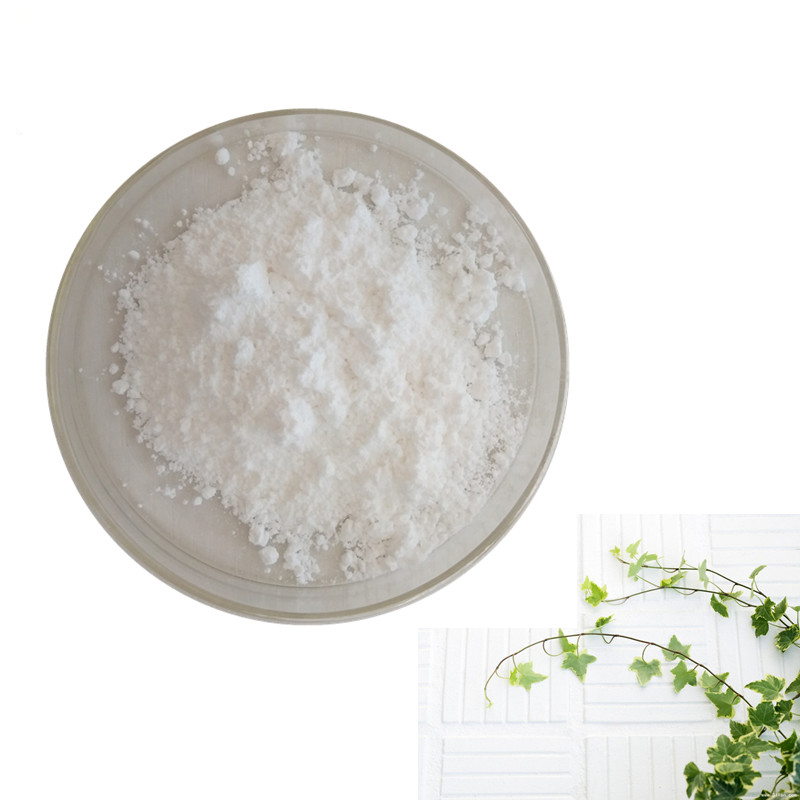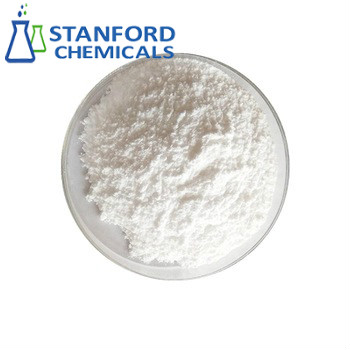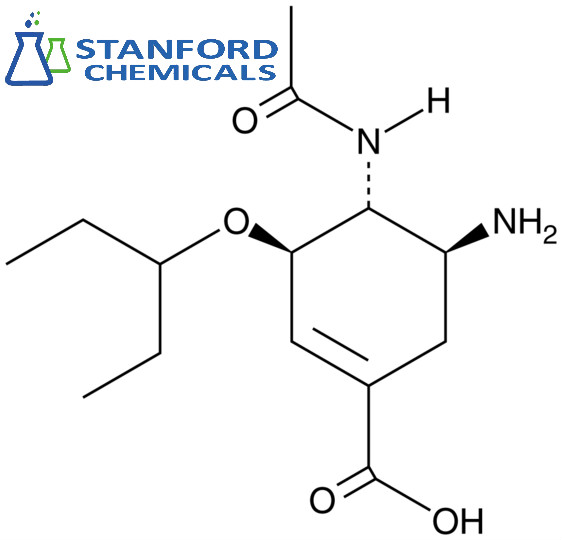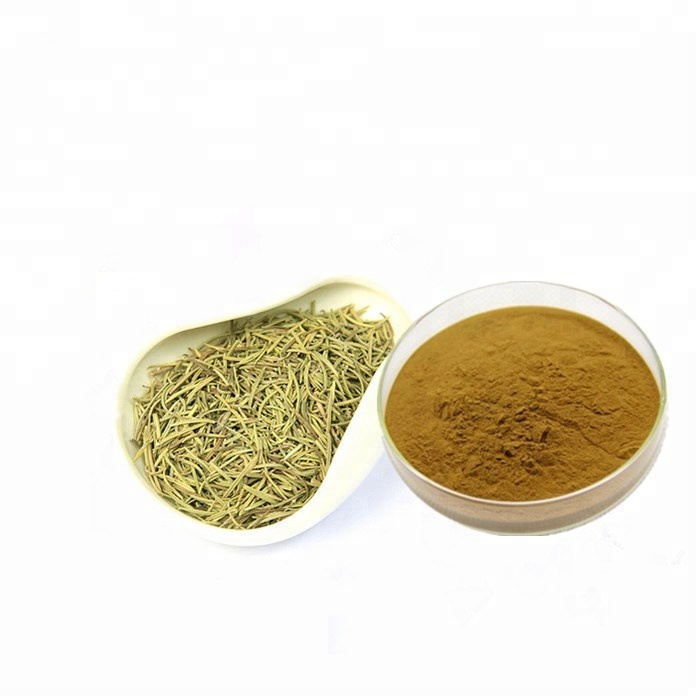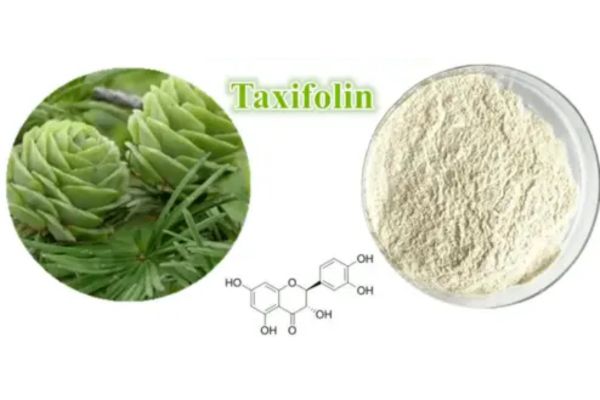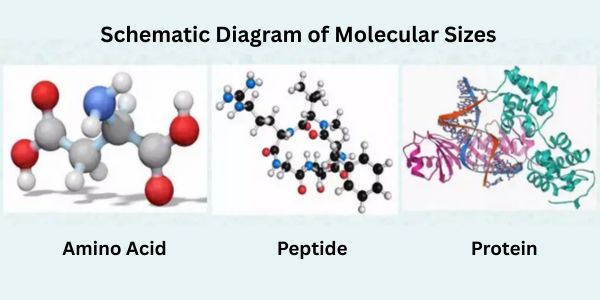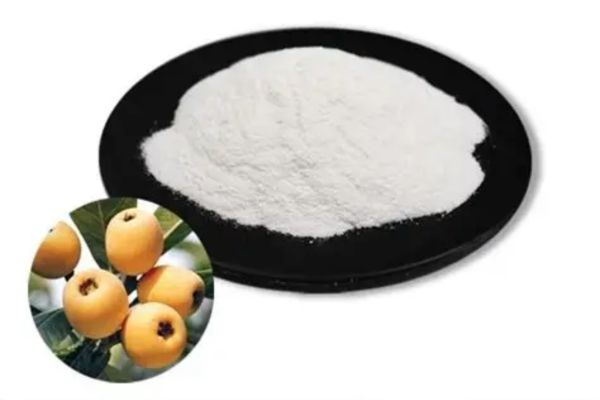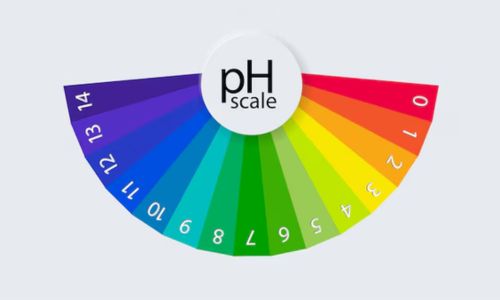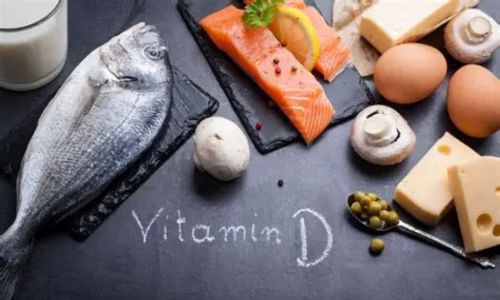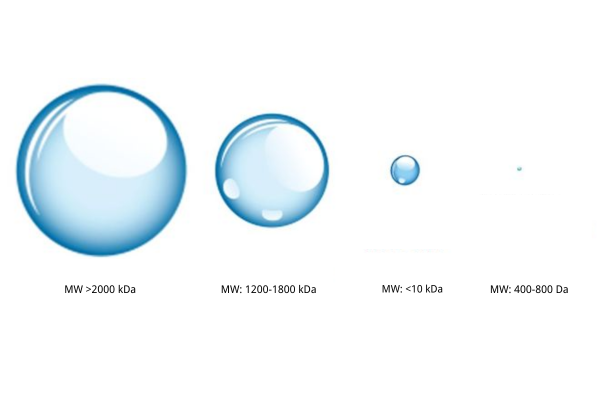We all know the importance of vitamins for the human body. Vitamins are organic compounds that the body cannot synthesize or produce sufficiently and must therefore be obtained through diet. Although vitamins are present in small amounts in the body, they play a crucial role. So, what are the classifications, and what value does each type offer? This article will reveal the mysteries of vitamins.
Vitamin A
Vitamin A is a general term that includes several compounds with similar biological activities, such as retinol, retinal, and retinoic acid.
Retinol is the most common and fundamental form of vitamin A. Retinol can be metabolized in the body to form retinal, which plays a crucial role in vision, helping the eyes adapt to different lighting conditions.
Retinoic acid is mainly involved in cell growth and differentiation, contributing to skin health, immune function, and gene expression.
Overall, the benefits of VA include:
- Preventing night blindness and vision loss, aiding in the treatment of various eye diseases;
- Helping prevent respiratory system infections;
- Supporting normal immune system function;
- Promoting faster recovery during illness;
- Maintaining healthy tissues and organs;
- Helping the skin resist aging and improving skin texture;
- Supporting growth, strengthening bones, and maintaining healthy skin, hair, teeth, and gums;
- Aiding in the treatment of emphysema and hyperthyroidism.
Vitamin B Complex
Vitamin B complex refers to a group of vitamins, including vitamin B1, B2, B3 (niacin), B5 (pantothenic acid), B6 (pyridoxine), B7 (biotin), B9 (folic acid), and B12. The B vitamins work synergistically, meaning that taking all the B vitamins together is more effective than taking them individually. Also, if the intake ratios of B1, B2, and B6 are uneven (e.g., 50mg of B1, 50mg of B2, and 50mg of B6), their effectiveness may be reduced. Although the different B vitamins work together in many metabolic and physiological processes, they have distinct physiological functions and benefits.
Table 1. Summary of the effects of members of the B vitamin family
| Type | Alternate Names | Functions |
| B1 | Thiamine, anti-neuroinflammatory |
|
| B2 | Riboflavin |
|
| B3 | Niacin, Niacinamide |
|
| B5 | Pantothenic acid |
|
| B6 | Pyridoxine |
|
| B7 | Biotin, Vitamin H |
|
| B9 | Folate |
|
| B12 | Cobalamin |
|
Vitamin C
The chemical name for vitamin C is ascorbic acid. It is a water-soluble vitamin and one of the most well-known nutrients. Not only is it a beauty elixir, but it is also an antioxidant that protects cells and even has anti-cancer properties. VC is commonly found in fruits and vegetables but can be easily degraded by external environmental changes.

Benefits of VC:
- Enhances skin elasticity and prevents age spots;
- Promotes wound healing, treats external injuries, burns, and gum bleeding, and speeds up post-surgical recovery;
- Prevents viral and bacterial infections and boosts immune system function;
- Lowers cholesterol levels in the blood and reduces the risk of venous thrombosis;
- Treats and prevents common colds;
- Reduces the effects of many allergy-causing substances;
- Helps with iron absorption and folic acid breakdown, preventing scurvy;
- Helps prevent the formation of the carcinogen nitrosamine, providing anti-cancer benefits;
- Promotes collagen production, preventing aging and prolonging life.
Vitamin D
Vitamin D is a term that encompasses a group of fat-soluble vitamins, primarily including D2 (ergocalciferol) and D3 (cholecalciferol). Vitamin D helps regulate calcium and phosphorus balance in the body, promoting healthy bones and teeth. Cholecalciferol (D3) is one of the main forms of vitamin D and is synthesized by the skin when exposed to sunlight. It can also be obtained from certain animal foods and supplements.

Benefits of VD:
- Enhances the absorption of calcium and phosphorus, strengthening bones and teeth;
- Supports growth and development, helping infants and young children grow properly and preventing rickets;
- Assists in the absorption of VA;
- Helps prevent calcium loss and osteoporosis during menopause.
Vitamin E
Vitamin E refers to a group of fat-soluble compounds, with tocopherols and tocotrienols being the most common. It acts as an antioxidant, protecting cells from damage caused by free radicals and supporting immune function and skin health.

Benefits of VE:
- Delays cellular aging, moisturizes the skin, reduces pigmentation, and maintains a youthful appearance
- Cleanses the blood and lowers LDL cholesterol levels, preventing atherosclerosis;
- Promotes the formation of healthy red blood cells and prevents blood clotting;
- Lowers blood pressure and reduces the risk of ischemic heart disease;
- Enhances liver detoxification, protects the body, and reduces fatigue;
- Stimulates the secretion of sex hormones, improves fertility, and prevents miscarriage.
Vitamin K
Vitamin K, often called the "clotting vitamin," is a fat-soluble vitamin with several forms, including K1 (phylloquinone or plant-based phylloquinone), K2 (menaquinone), and K3 (menadione). Vitamin K is essential for blood clotting and bone health, primarily promoting the synthesis of blood clotting factors to help prevent excessive bleeding.
Vitamin P
Vitamin P, commonly known as rutin or bioflavonoids, is not strictly a vitamin but is often classified as one. Vitamin P is a water-soluble nutrient that the body cannot synthesize, so it must be obtained from food. It is essential for the digestion and absorption of VC, reduces capillary fragility, decreases vascular permeability, enhances the activity of VC, and helps prevent cerebral hemorrhage, retinal hemorrhage, and purpura.
Conclusion
In summary, vitamins are crucial for health, each with unique benefits: VA supports vision and skin, the B complex aids metabolism, VC boosts immunity, VD strengthens bones, VE protects cells, and Vitamin K aids blood clotting. Ensuring a balanced intake helps maintain overall well-being.
Stanford Chemical Company (SCC) has over 16 years of experience in the manufacture and distribution of phytochemicals, pharmaceutical intermediates, catalysts and more. Our products include hyaluronic acid, herbal extracts, food additives, nutraceutical ingredients and so on, totaling nearly 800 products. Feel free to Get A Quote to learn more if you are interested.


